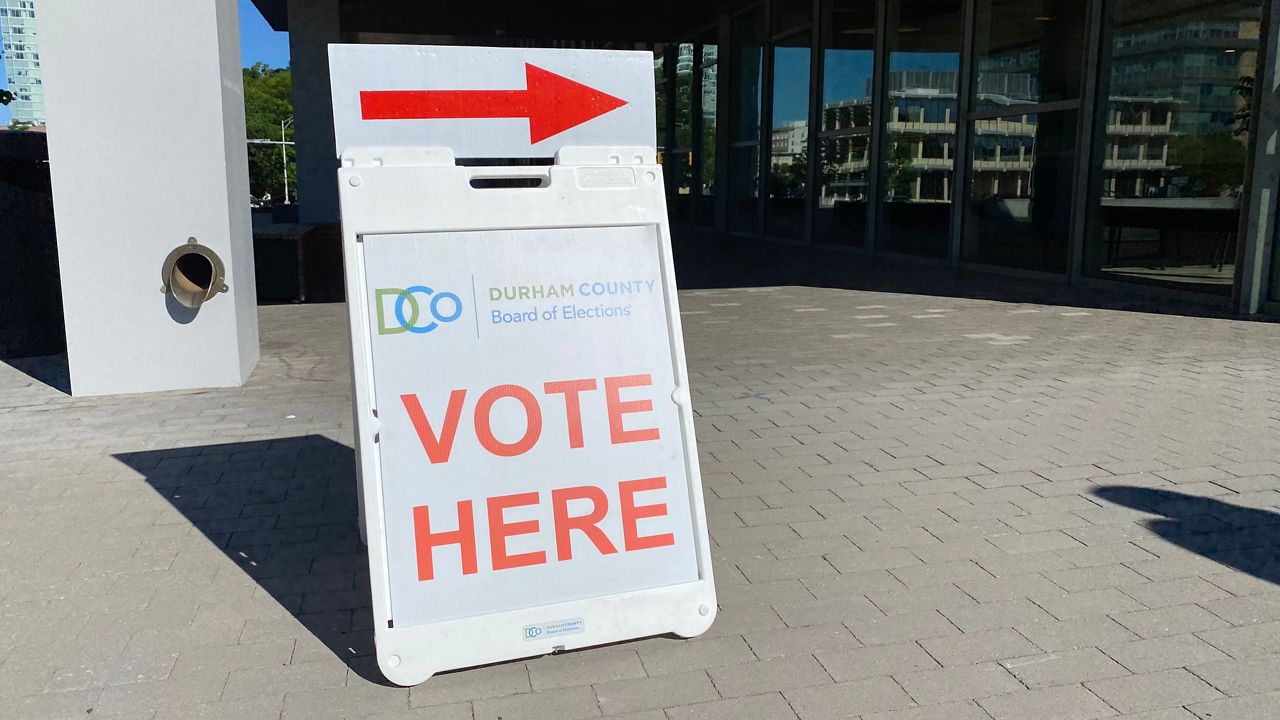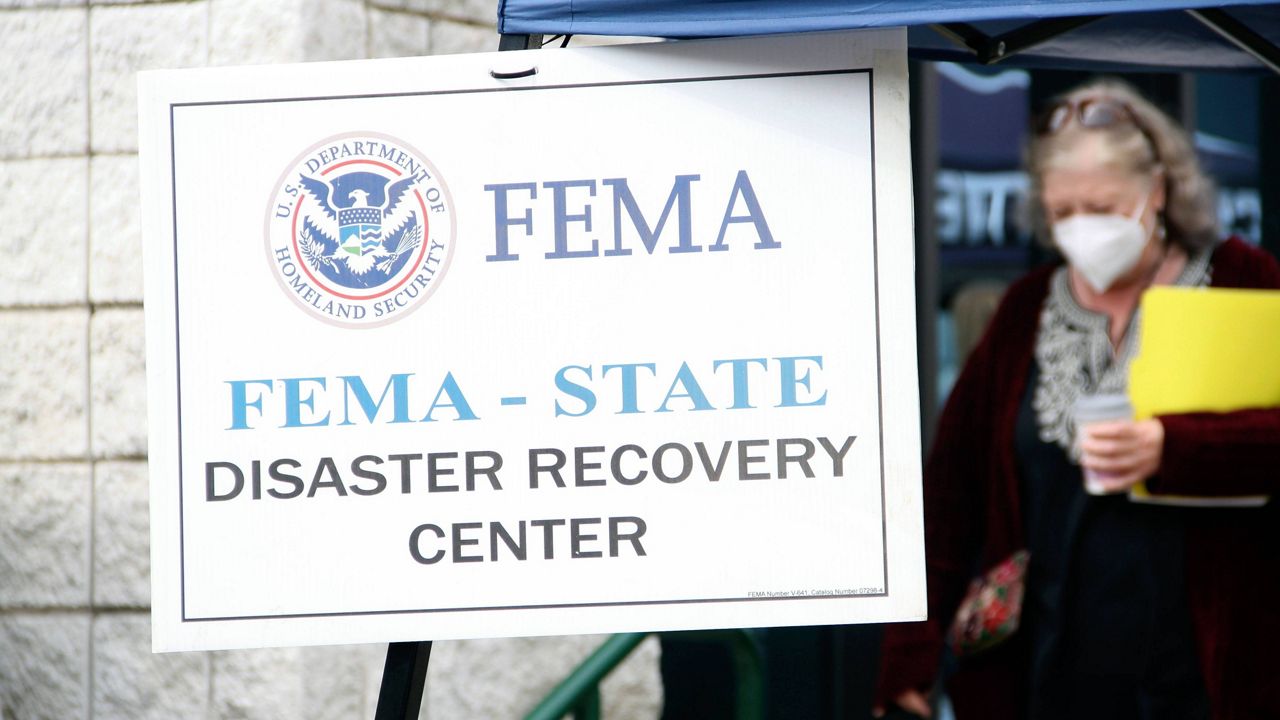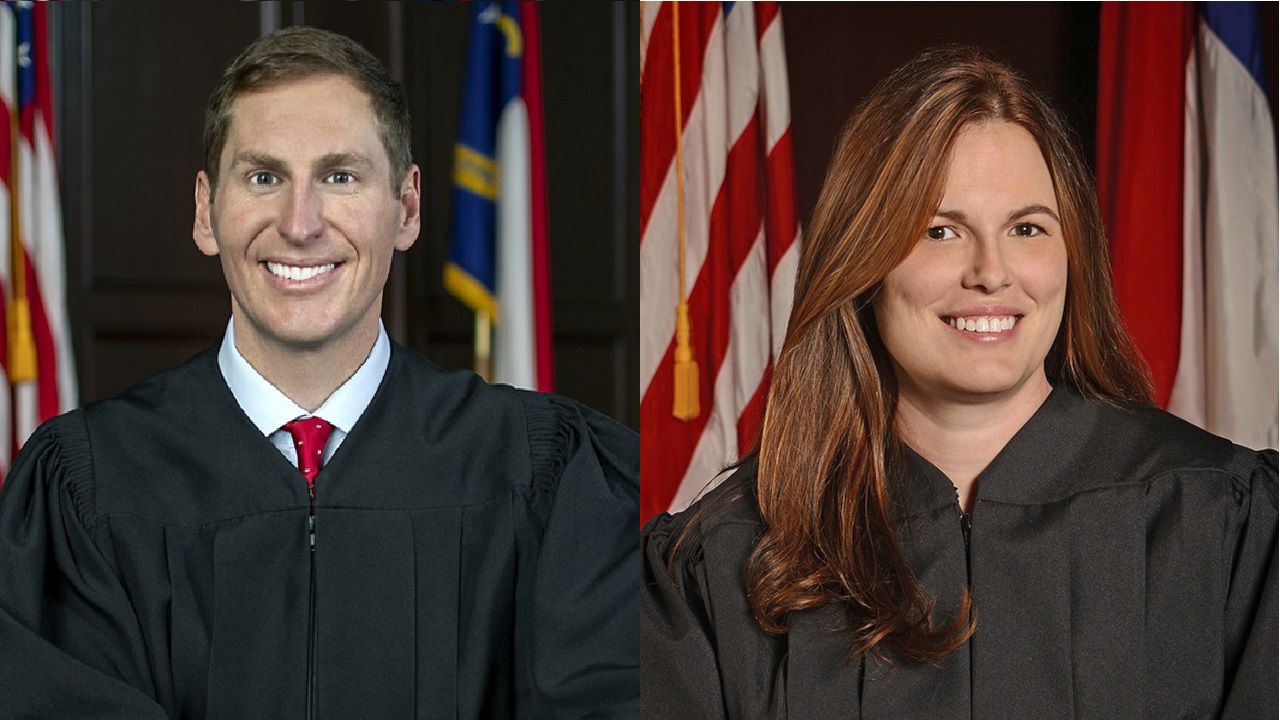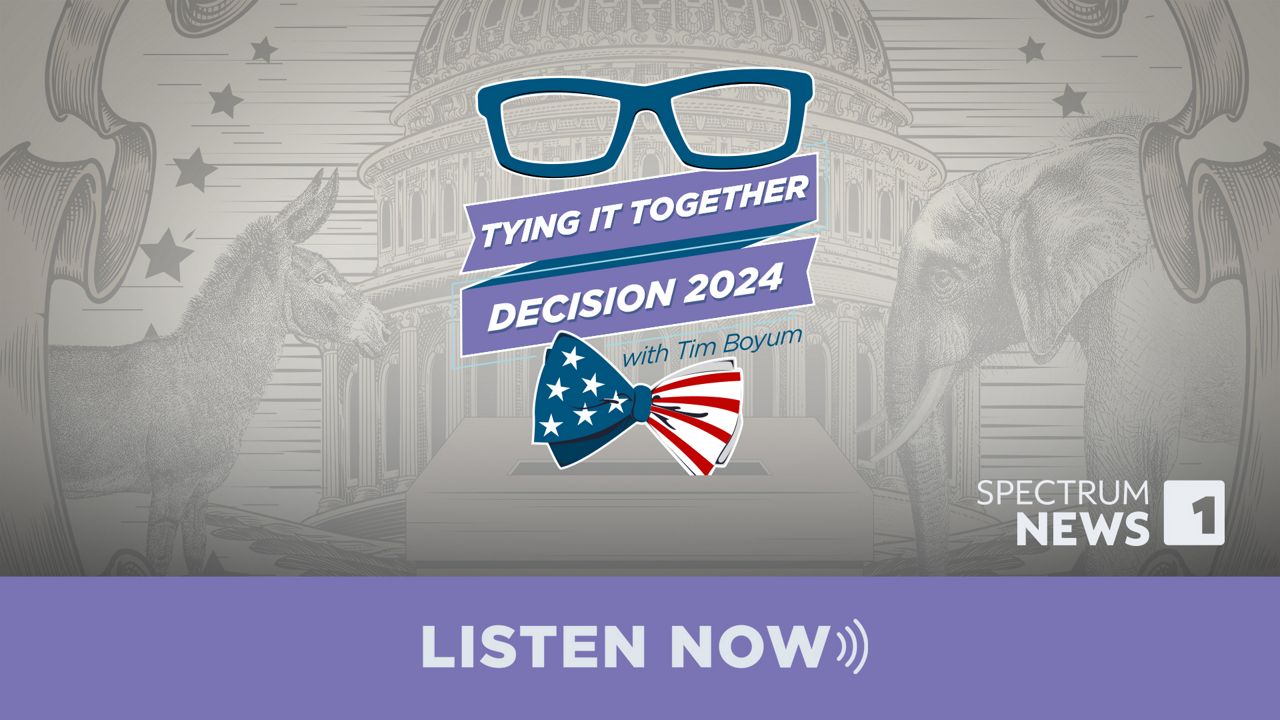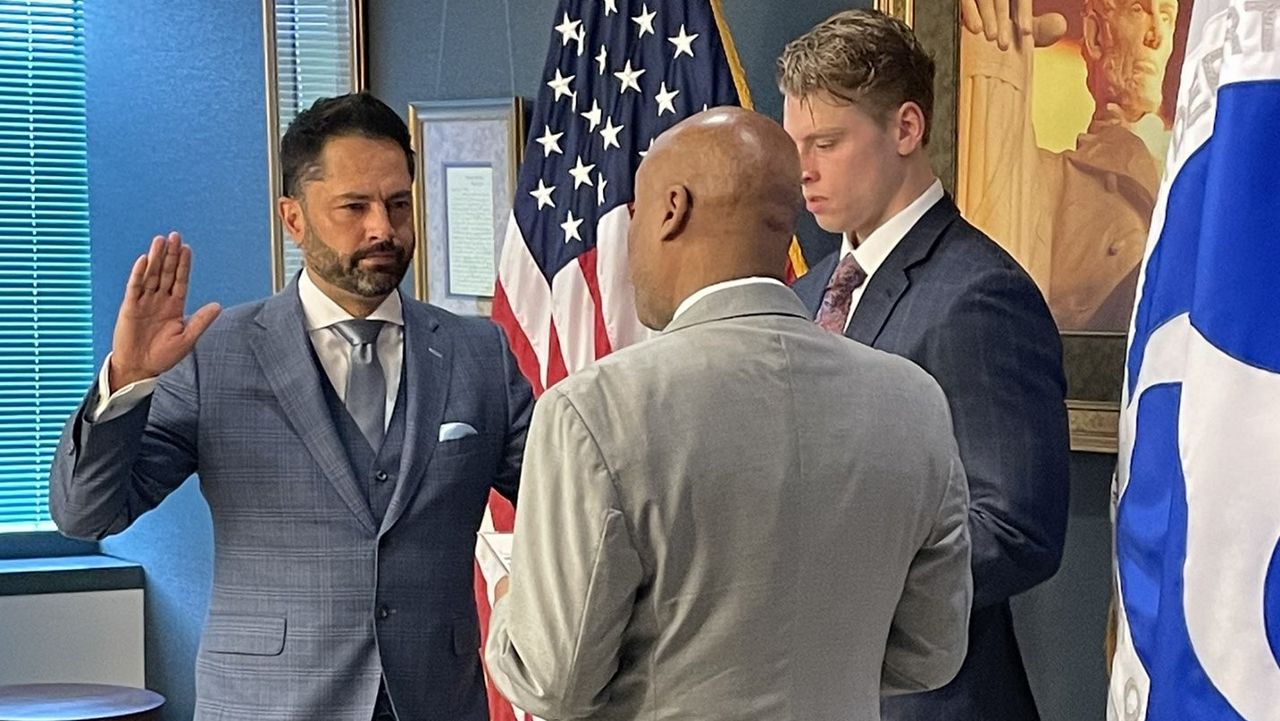Early voting begins Thursday for dozens of local primary elections. Voters will cast ballots in mayoral and council races in Durham, Fayetteville, High Point and other cities and towns in North Carolina.
Voters can cast their ballots early at one-stop polling places from Sept. 21 through Oct. 7. Election Day for the primary is Oct. 10, and the General Election is Nov. 7.
This fall is the first round of elections in North Carolina to require voter ID after a decision earlier this year by the state Supreme Court.
Voters can get more information about early voting sites, Election Day polling sites and their sample ballot on the North Carolina State Board of Elections website.
In Durham, eight candidates are running for mayor in the Oct. 10 primary. It's an open race for the top seat in the Bull City after Mayor Elaine O'Neal decided not to run for a second term. Twelve candidates are running for three at-large seats on the Durham City Council.
Durham's municipal elections, like most others in North Carolina, are nonpartisan.
Durham’s mayoral candidates include two sitting city council members, DeDreana Freeman and Leonardo Williams, and state Sen. Mike Woodard, himself a former Durham council member. The other candidates are Charlitta Burruss, Jontae Dunston, Nicholas Pettiford, Marshall Williams and Sylvester Williams.
Voters will choose the two top candidates for Durham mayor and six candidates for city council in the nonpartisan primary election. The top candidates will go to the General Election on Nov. 7.
In Fayetteville, three candidates are challenging incumbent Mayor Mitch Colvin: Freddie de la Cruz, Charles Evans and Quancidine Hinson-Gribble. Voters will pick two candidates to face off in the General Election.
There's an open race for the next mayor of High Point, with four candidates running: Victor Jones, Cyril Jefferson, Abdul Rashid (Richard) Siddiqui and Gene Kininmonth. There's also a competitive race for city council in the primary, with eight candidates running for two open at-large seats.
Voter ID
The big change for elections this year in North Carolina will be voter ID. Voters will be required to show photo identification to cast a ballot.
The North Carolina Supreme Court overturned its own decision earlier this year to require voter ID.
The 2023 municipal elections will be the first time voters are required to show ID with the new law. Most will be able to show their driver’s license.
For those without a photo ID, people can get one for free from the North Carolina Department of Motor Vehicles. County election boards will also give photo IDs to people who need them, and require less paperwork than the DMV.
There are also exceptions for people who cannot show ID, including lack of transportation, disability or illness, not having the documents needed to get an ID, or for a lost or stolen ID.
People who vote by mail will be required to include a photocopy of their photo ID along with their ballot.





